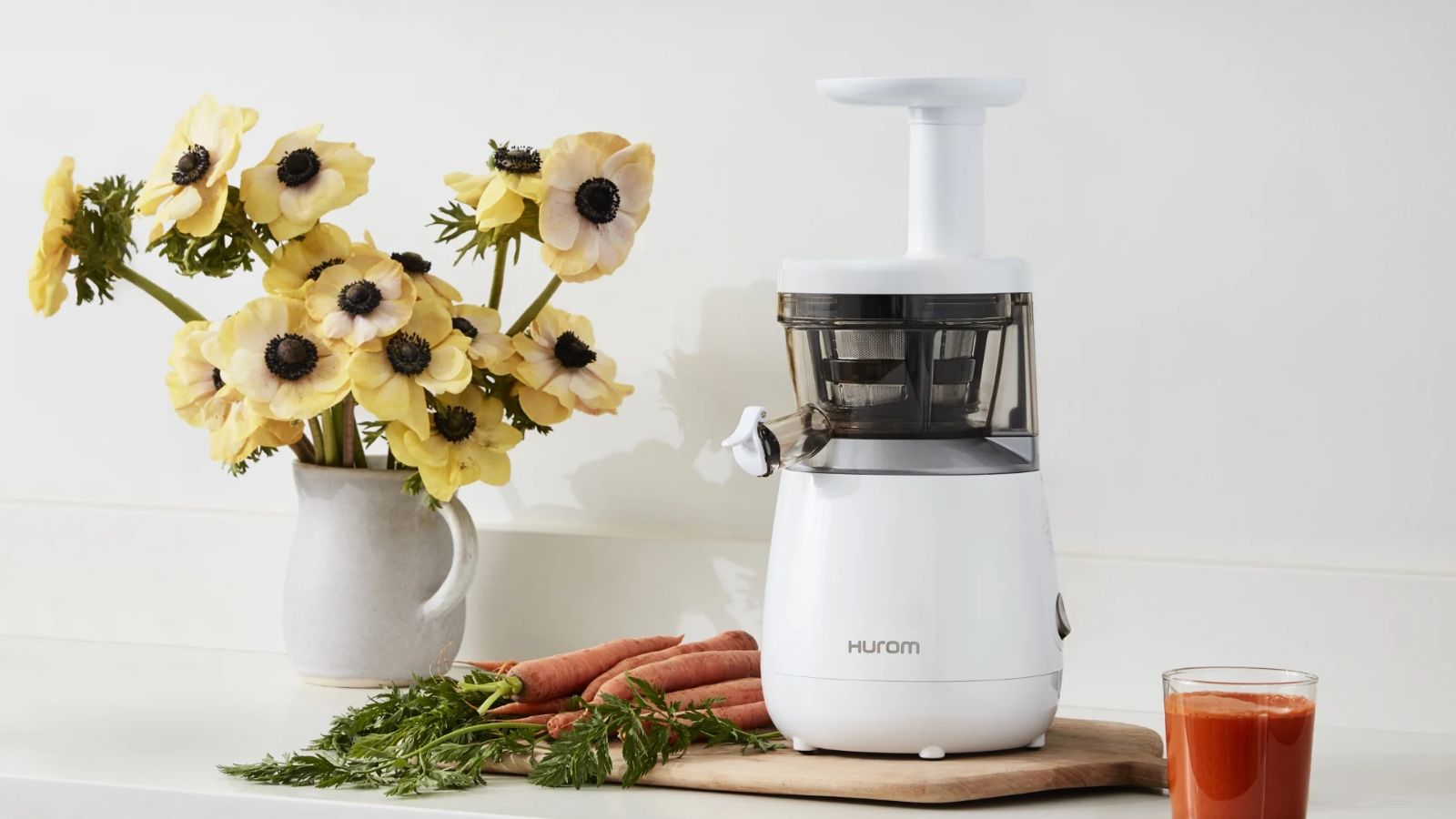
What is a masticating juicer? It's the question everyone asks when they start to do some research into the different types of juicers and it's a reasonable question to ask too. 'Masticate' isn't a word that's used often these days, but it means 'to chew'. Once you know this, the way that these juicers work makes sense. They crush and churn ingredients, like chewing.
Masticating juicers are also known as cold press juicers or slow juicers. These are some of the best juicers on the market, because they're reasonably priced, but better than other, cheaper centrifugal juicers.
If you want to know more about what a masticating juicer is, which models make the best cold press juicers, and how they compare to centrifugal juicers, we've got all the information you need and then some.
What is a masticating juicer?
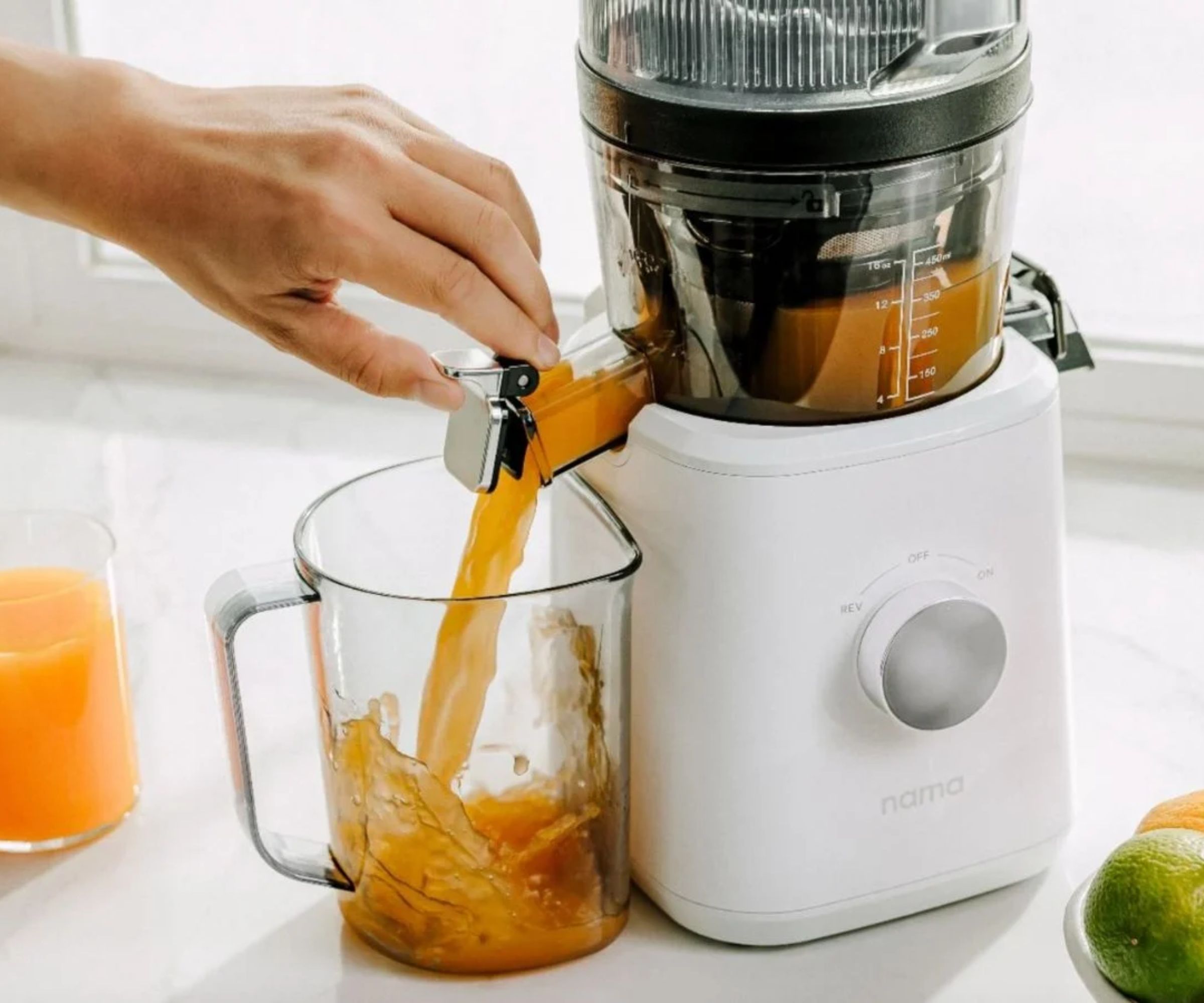
Masticating juicers are also known as cold press juicers and slow juicers. They're some of the most popular models on the market because they balance price, quality, and expertise perfectly.
The way these work is clever. They have gears and augers that slowly chew the ingredients you put into them. Catherine Hall, Registered Dietician from Happy V, says that 'these work to get every last drop of the juice out of the input, capturing all of the valuable nutrients. You'll get much more and better quality juice than with a centrifugal juicer, but they're also more affordable than something like a twin gear juicer.'
Here are three of our favorite cold press juicers:
This is a do-it-all juicer. It can make perfectly crisp juice as well as smoothies and sorbets too.
If you're short on space, this colorful, compact option is perfect. It extracts every last drop from even tough ingredients.
What are the benefits of masticating juicers?
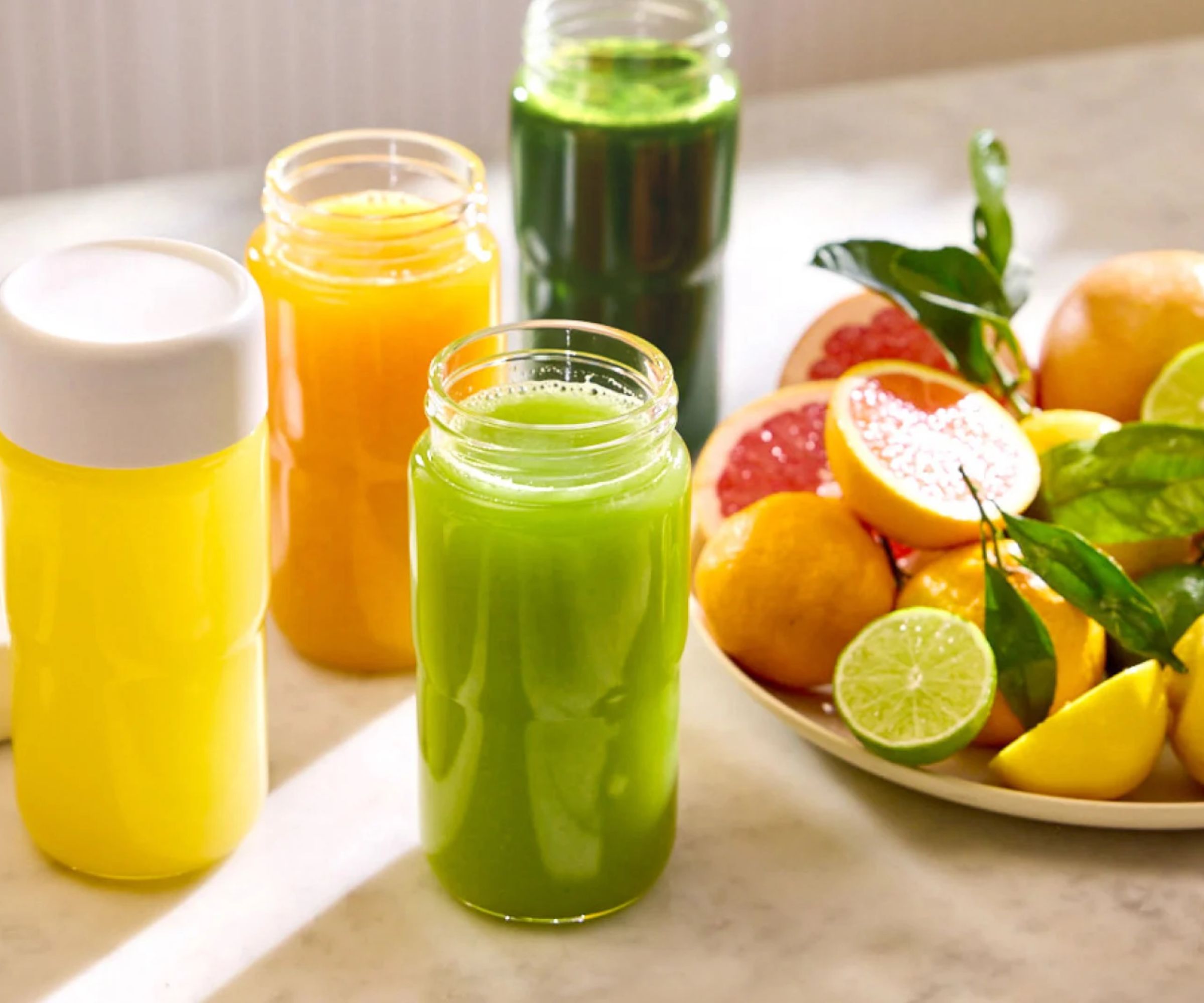
As you can tell, masticating juicers offer many benefits, mostly because they balance some of the difficulties that you might face when you're trying to choose which juicer to buy.
Whilst the price of masticating juicers can vary depending on brand, build quality, and features, you'll spend between $100 (for one from Omega, for example) to $400 with Hurom, Nama and Tribest. In the context of juicers, these are mid-ground. This means you haven't skimped and compromised, but you also haven't blown your budget.
When looking at alternative uses for juicers, it's more often the masticating juicers that are able to make sorbets and tofu, thanks to the way the mechanisms work. So, if you fancy using your juicer to make more than juice, it makes sense to invest in one of these.
I spoke with Lisa Richards, a nutritionist and author, who says that 'from a nutrition standpoint, masticating juicers offer several benefits. They produce juice with higher levels of vitamins, minerals, and antioxidants, making it a healthier option for consumption. Additionally, the slow extraction process ensures that the juice retains its vibrant color, fresh taste, and optimal nutritional value for longer periods.'
How do masticating juicers compare to other juicers?
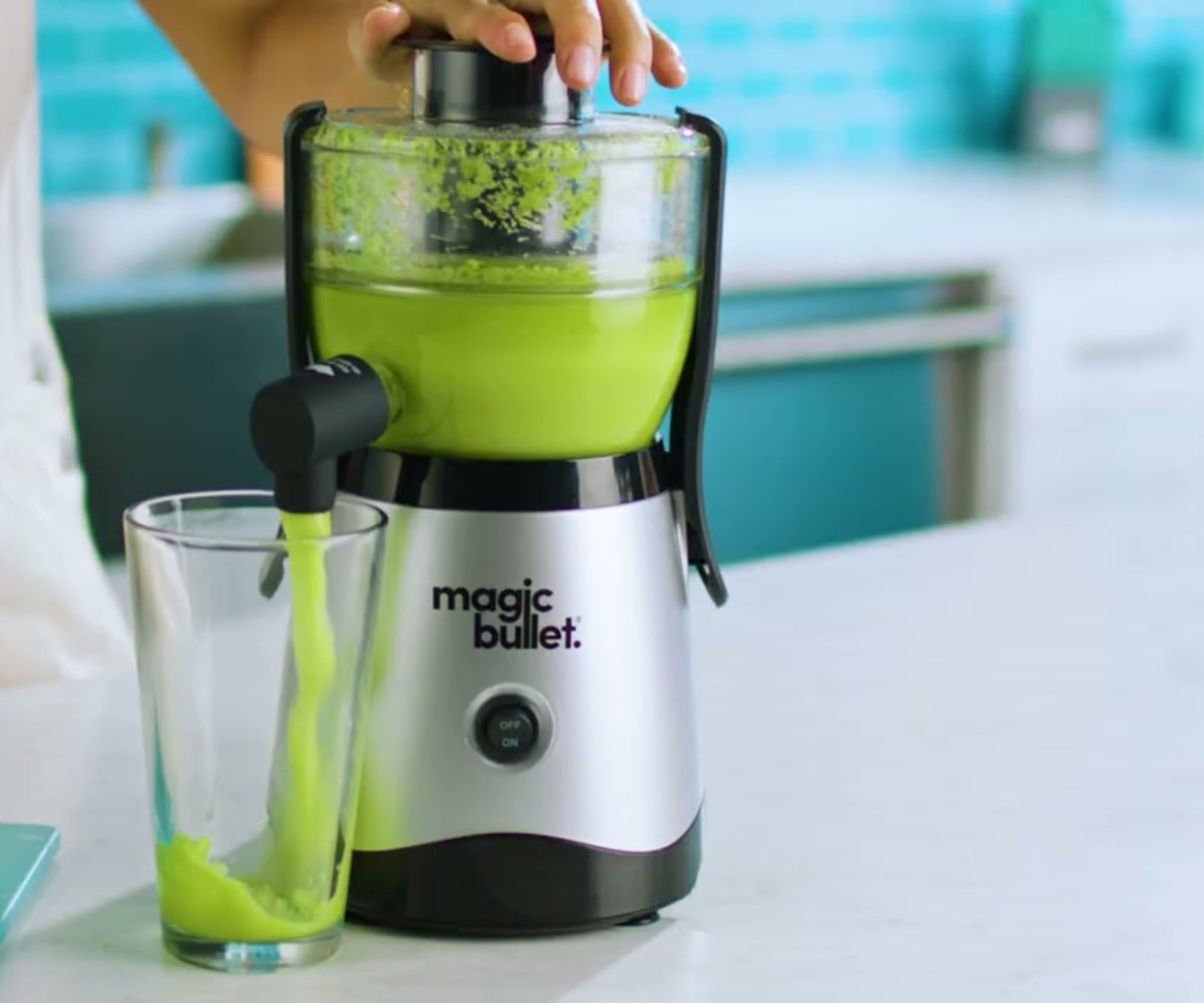
I've sung the praises of masticating juicers, because they tend to be the favored option in people's kitchens. However, there are five different types of juicers out there, some of which are better than masticating juicers for specific needs.
If you're new to juicing and you're shopping on a budget, a masticating juicer might mean that you're jumping in a bit too deep. Cheaper, centrifugal juicers are a good way to test how often you'll juice and how much you enjoy the process. Whilst they don't extract the juice from ingredients or preserve them as well as a masticating juicer, they're much better for entry-level juicers. Plus, the clean up will be a lot less painful.
At the other end of the spectrum, if you want the best of the best, you might prefer a twin gear juicer to a masticating juicer. These are more expensive and they can be even more fiddly to use. However, they are the best juicers on the market for extracting every last drop of juice and nutrients out of your ingredients.
Do you need a masticating juicer?
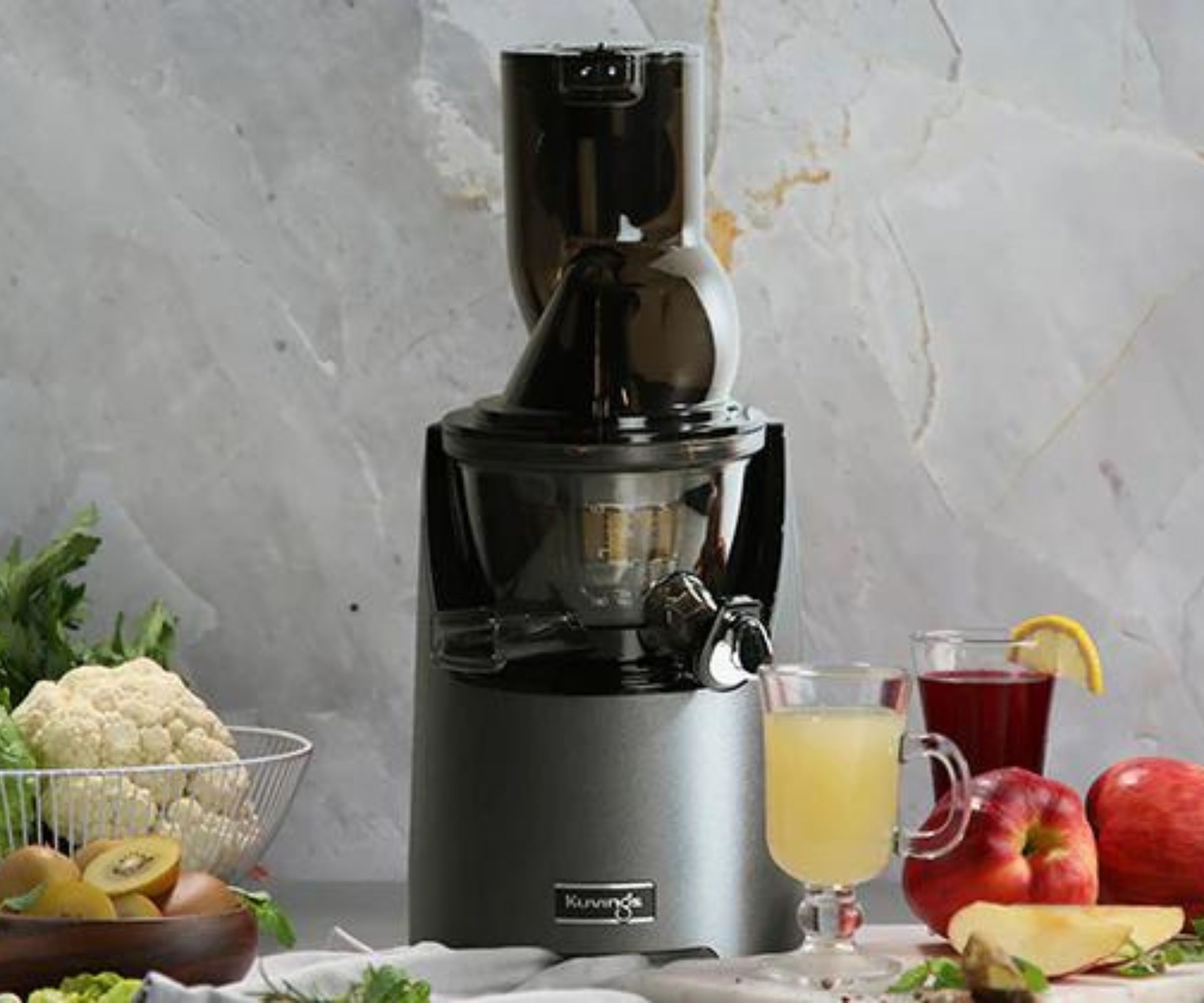
Masticating juicers are perfect for amateur juicers. I've tested all of the different types of juicer and settled on a masticating one for myself at home. I use it daily to make nut milks and ginger shots. When I speak with other people who juice, masticating juicers seem to do the trick. The only person I know who had invested in a twin gear juicer did so because she was moving to commercial juicing and liked the credentials of a more industrial machine.
FAQs
Is a cold press juicer a masticating juicer?
Masticating juicers are also known as cold press juicers and slow juicers. If you see any of these names, know that they're all the same. It's confusing, I know.
Is a masticating juicer worth it?
Plenty of people tout the benefits of masticating juicers. They're some of the best juicers on the market because they balance price and performance. If you know you're committed to juicing, you'll want a masticating juicer. However, if you're a complete beginner, it might be worth saving money and starting with something smaller, such as the Magic Bullet Mini Juicer, which is only $50 at Amazon.
What are the disadvantages of a masticating juicer?
Masticating juicers can be slow compared to other juicers and some require extra prep work. The gears handle each piece, so you'll get a better juice if you chop your ingredients into smaller cubes. As someone who owns a masticating juicer, I'm lazy with my prep work and still get good results. However, it can take a few minutes to make a bottle of juice, rather than just seconds.







